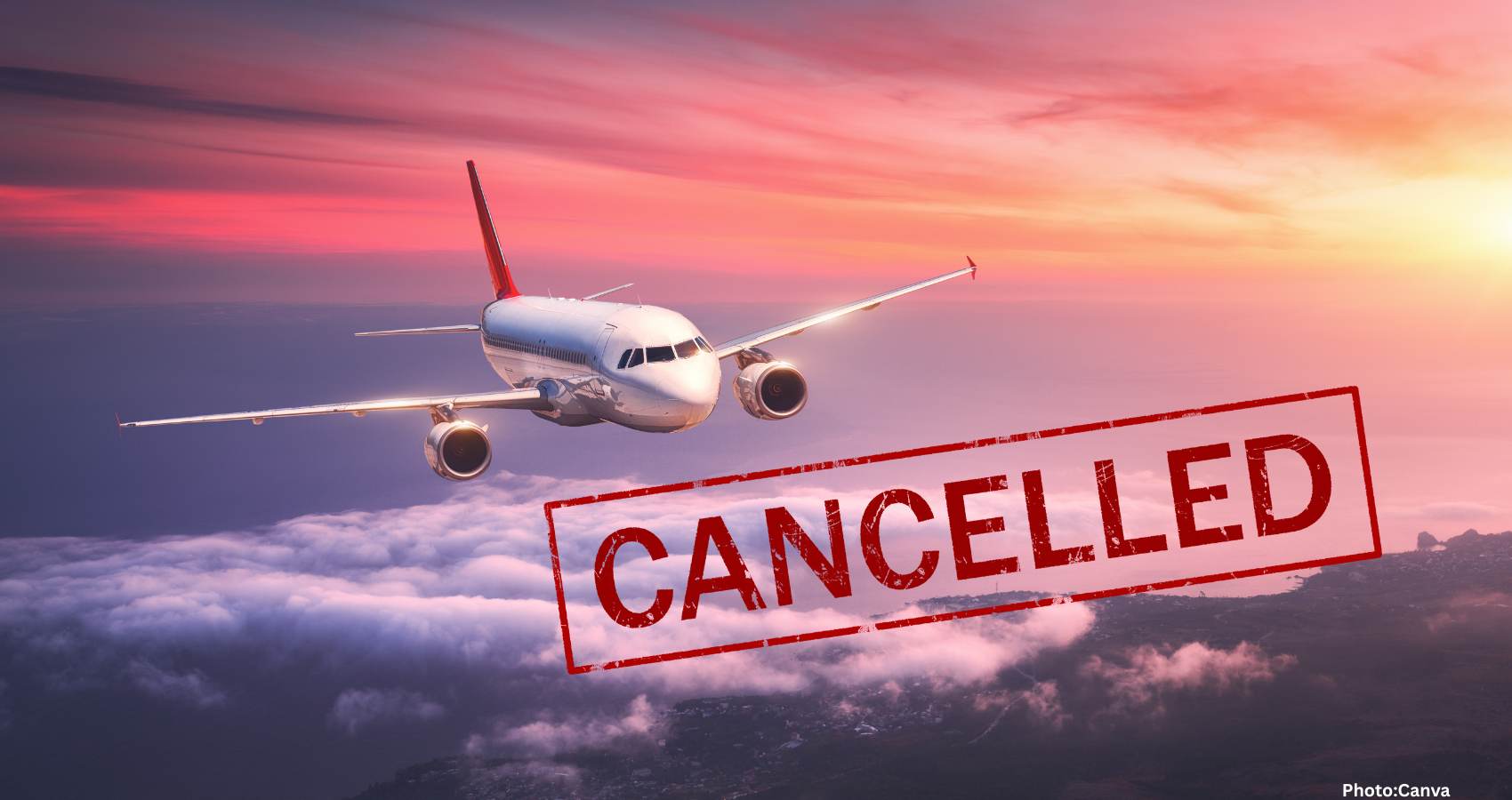Fake airline texts claiming flight cancellations are deceiving travelers, aiming to steal personal and financial information through convincing scams.
In a troubling trend, cybercriminals are targeting travelers with fake text messages that appear to be from airlines, claiming flight cancellations. These scams exploit the panic that often accompanies travel disruptions, leading unsuspecting individuals to divulge sensitive personal information.
The scam typically begins with a text message that looks legitimate, often including the recipient’s name, flight number, and a link or phone number. The messages use urgent language, stating that a flight has been canceled or delayed, and instructing the recipient to “call this number” or “click to rebook.”
Once the recipient engages with the provided contact, they are connected to a scammer posing as an airline representative. These fraudsters often offer to assist with rebooking the flight for a fee, requesting payment information or personal details such as birth dates or passport numbers. To enhance their credibility, scammers may send confirmation emails that closely mimic official airline communications.
Scammers are increasingly sophisticated, utilizing real airline names, logos, and flight numbers to make their messages appear authentic. Many are now employing artificial intelligence tools to generate convincing language and fake confirmations that resemble genuine airline alerts. This is particularly effective during busy travel seasons or periods of inclement weather, when travelers are more likely to be anxious and susceptible to such scams.
The Federal Trade Commission (FTC) has issued warnings about these deceptive practices, noting that criminals impersonate airline customer service through fraudulent texts and calls. They exploit travelers’ fears to push them into rebooking flights or sharing personal information.
Additionally, the Better Business Bureau (BBB) has reported a significant increase in fake cancellation notices that include phony phone numbers leading directly to scammers. Due to the realistic appearance of these alerts and the urgent tone of the messages, even seasoned travelers can mistakenly believe they are receiving genuine updates.
To protect oneself from these scams, it is crucial to remain calm and verify any flight updates directly with the airline. Travelers are advised to check the airline’s official website or mobile app for the most accurate information, rather than clicking on links from unexpected texts or emails. Scammers often create fake links that look legitimate, but a single click can compromise personal data.
If a traveler needs to contact customer service, they should use the phone number listed in their booking confirmation, the airline’s app, or the verified website. It is important to avoid trusting phone numbers sent via text or social media, as legitimate airlines will not change their contact information mid-trip.
Scammers thrive on urgency, using phrases like “call now,” “act fast,” or “your seat will be canceled” to pressure travelers into quick decisions. Taking a moment to verify flight status can save individuals from losing money or exposing their personal information.
Legitimate airline representatives will never request payment via gift cards, wire transfers, or bank login information. To further safeguard against phishing attempts and malware, travelers should install strong antivirus software on all devices. This software can help block malicious links and alert users to potential phishing emails and ransomware scams.
Another effective strategy for protecting personal information is to utilize a data-removal service that scrubs personal details from people-search websites. These sites can make it easier for scammers to target individuals by name, location, and phone number. While no service can guarantee complete removal of data from the internet, a reputable data removal service can actively monitor and erase personal information from numerous websites, reducing the risk of being targeted.
Travelers are encouraged to forward any scam texts to 7726 (SPAM) and report fake airline messages to the Federal Trade Commission at reportfraud.ftc.gov. Sharing these reports can help agencies shut down ongoing scams and protect other travelers.
As fake flight cancellation scams continue to proliferate, especially during peak travel times, it is essential for individuals to remain vigilant. By staying calm, verifying information through official airline channels, and avoiding random links or unknown numbers, travelers can better protect themselves against these malicious schemes.
Have you ever received a fake flight alert that almost fooled you? Share your experiences with us at Cyberguy.com.
Source: Original article

